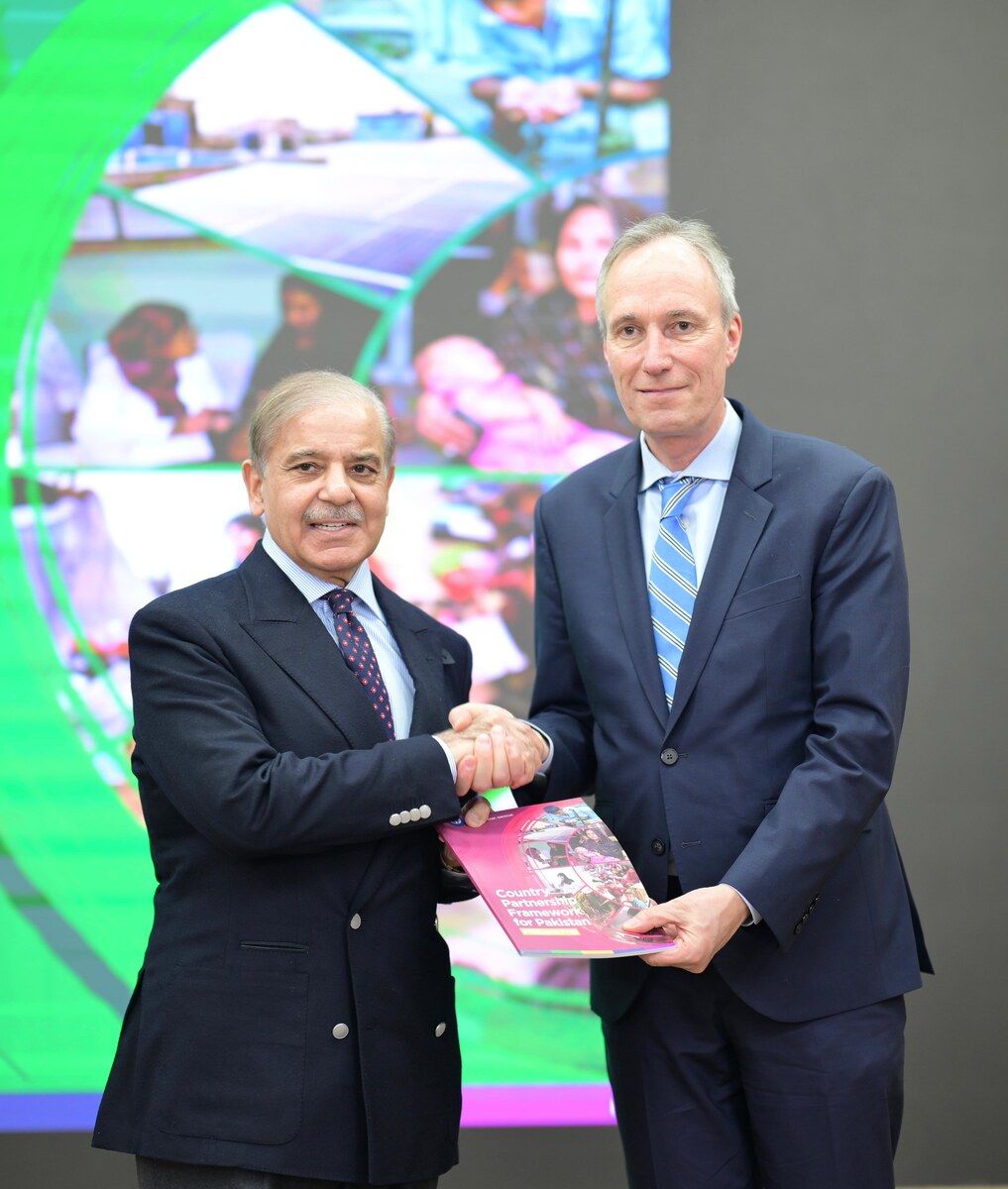ISLAMABAD: Rating agency MoodyŌĆÖs has said this week a new $7 billion bailout deal with the International Monetary Fund would improve funding for Pakistan from bilateral and multilateral partners but the ability to sustain reforms would be key to easing liquidity risks.
Pakistan and the IMF reached an agreement for a $7 billion, 37-month loan program last week, capping negotiations that started in May after Islamabad completed a short-term, $3 billion program that helped stabilize the economy, avert a sovereign debt default, and set challenging revenue targets in its budget to get IMF approval.
In a comment regarding the new IMF deal, MoodyŌĆÖs said, ŌĆ£the new IMF program will improve PakistanŌĆÖs (Caa3 stable) funding prospects.
ŌĆ£The program will provide credible sources of financing from the IMF and catalyze funding from other bilateral and multilateral partners to meet PakistanŌĆÖs external financing needs.ŌĆØ
However, the agency cautioned that the governmentŌĆÖs ability to sustain reform implementation would be key to allowing Pakistan to continually unlock financing over the duration of the IMF program, leading to a durable easing of government liquidity risks.
The new IMF bailout deal comes with conditions of far-reaching reforms, such as measures to broaden the tax base and remove exemptions and make timely adjustments of energy enterprisesŌĆÖ management and privatization, phasing out agricultural support prices and associated subsidies, advancing anti-corruption, governance and transparency reforms, and gradually liberalizing trade policy.
A resurgence of social tensions on the back of high cost of living ŌĆō which may increase because of higher taxes and future adjustments to energy tariffs ŌĆō could weigh on reform implementation, MoodyŌĆÖs said. Moreover, risks that the coalition government may not have a sufficiently strong electoral mandate to continually implement difficult reforms remain, the rating agency said in the comment.
According to an IMF report published in May, PakistanŌĆÖs external financing needs are about $21 billion for fiscal 2025 (ending June 2025) and about $23 billion for fiscal 2026-27. The MoodyŌĆÖs agency said PakistanŌĆÖs external position remained fragile, with high external financing requirements over the next three to five years.
The country is vulnerable to policy slippages, it said, adding that weak governance and high social tensions can compound the governmentŌĆÖs ability to advance reforms, jeopardizing its ability to complete reviews under the IMF program and unlock external financing.


















